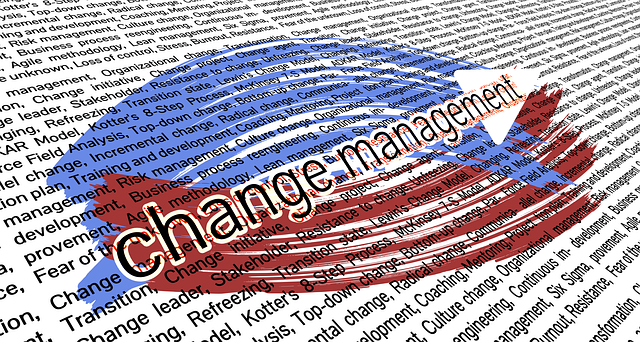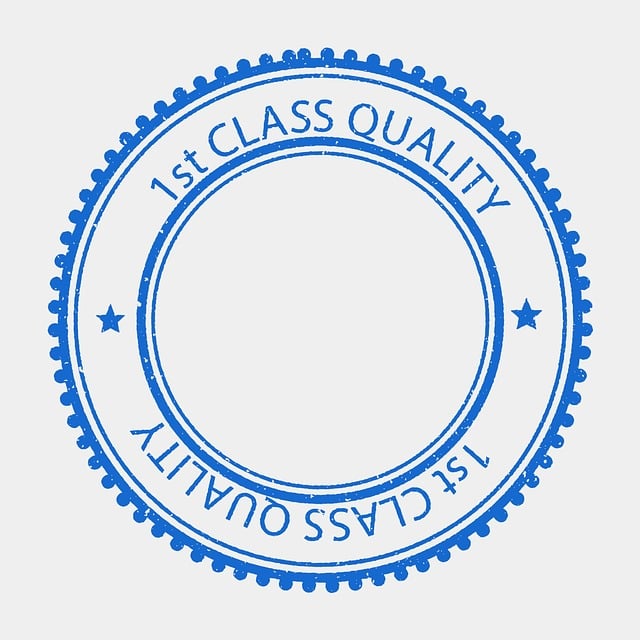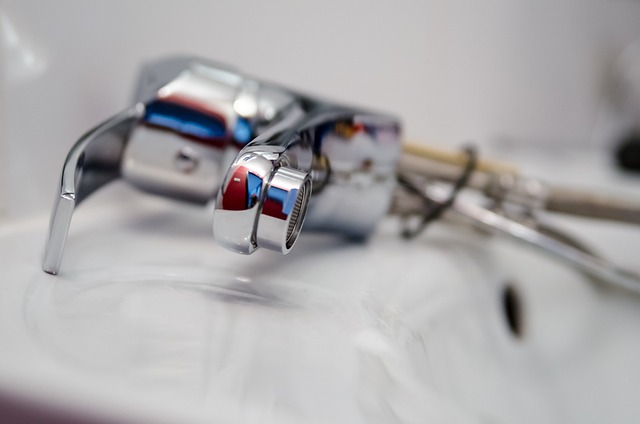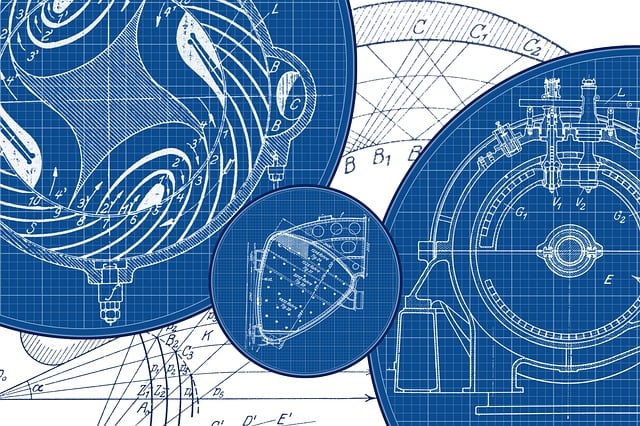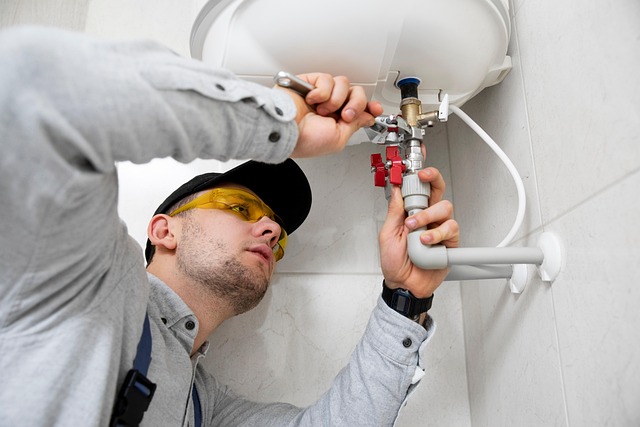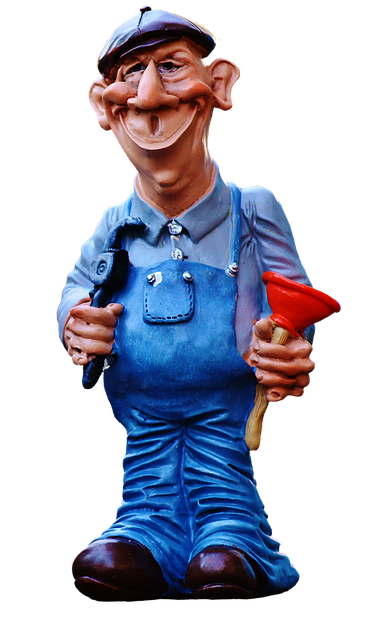Evaluating technicians requires assessing technical proficiency, communication skills, and adaptability. Key aspects include understanding systems, explaining procedures clearly, active listening, simplifying complex concepts, cultural sensitivity, problem-solving, teamwork, and effective knowledge sharing. Strong communication skills ensure accurate repairs, client satisfaction, and successful collaboration within a dynamic repair environment.
When assessing a candidate’s capability for complex repairs, multiple factors come into play. This article explores a comprehensive evaluation framework that ensures you identify individuals with the right blend of technical expertise, problem-solving acumen, and collaboration skills.
We delve into key areas such as technical proficiency, communication skills (both verbal and written), observation of problem-solving techniques, adaptability, and teamwork dynamics. By considering these aspects, you can accurately gauge a candidate’s potential to handle intricate repairs effectively.
- Evaluate Technical Proficiency and Knowledge
- Assess Verbal and Written Communication Skills
- Observe Problem-Solving Approaches
- Measure Adaptability to Unforeseen Challenges
- Review Teamwork and Collaboration Abilities
Evaluate Technical Proficiency and Knowledge

Evaluating a technician’s technical proficiency and knowledge is a critical step in assessing their ability to handle complex repairs. This involves scrutinizing their understanding of various systems, tools, and technologies relevant to the task at hand. Beyond technical know-how, strong communication skills are essential. Effective technicians should be able to articulate issues clearly, explain procedures succinctly, and adapt their language to suit both technical and non-technical stakeholders.
During assessment, observe how they communicate with colleagues, clients, and other team members. Do they demonstrate patience, empathy, and a willingness to listen? Proficient technicians often possess the ability to simplify complex concepts for better comprehension, ensuring everyone involved is on the same page throughout the repair process.
Assess Verbal and Written Communication Skills
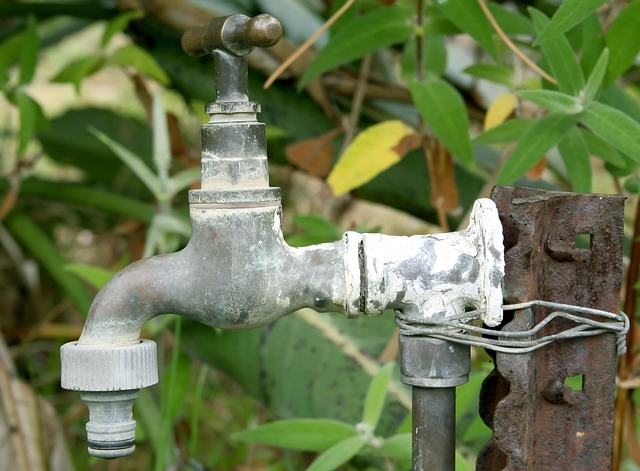
Evaluating a candidate’s communication skills is an essential part of assessing their ability to handle complex repairs. Effective verbal and written communication is crucial for conveying intricate technical information, understanding client needs, and providing clear instructions to colleagues. During interviews or assessments, pay close attention to how applicants articulate their ideas, both verbally and in writing. Look for clarity, conciseness, and the ability to adapt language to different audiences—technical experts and non-experts alike.
Strong communication skills manifest as a candidate’s capacity to explain complex concepts simply, ask insightful questions, and actively listen to others. This demonstrates an understanding of the importance of clear communication in a repair context, where miscommunication can lead to costly errors or delayed services. Assessing these skills early on ensures that you select individuals who can confidently navigate challenging conversations and contribute to a collaborative work environment.
Observe Problem-Solving Approaches
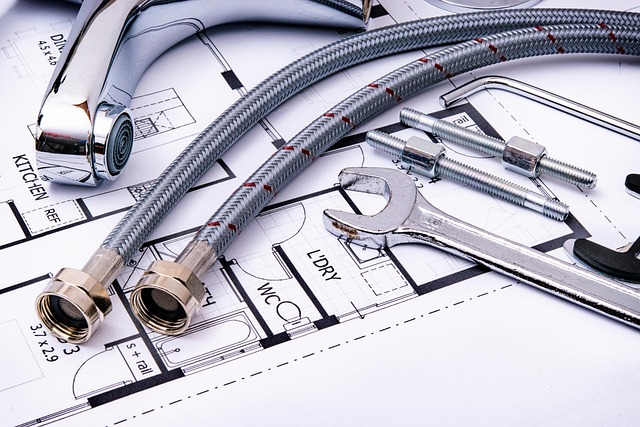
Effective communication skills are a cornerstone in assessing an individual’s ability to handle complex repairs. By observing their problem-solving approaches, you gain valuable insights into their verbal and non-verbal cues. Active listening becomes paramount; paying attention to both what is said and how it’s expressed can reveal critical thinking processes and adaptability. For instance, a skilled repairperson might employ analogies or visual aids to explain intricate concepts, demonstrating an understanding of the recipient’s need for clarity.
Moreover, communication during complex repairs showcases cultural sensitivity and empathy. Effective communicators tailor their approach based on the audience, ensuring instructions are comprehensible without being condescending. This adaptability not only fosters a collaborative environment but also ensures repairs are performed accurately and efficiently, ultimately contributing to customer satisfaction.
Measure Adaptability to Unforeseen Challenges

Evaluating a technician’s adaptability to unforeseen challenges is crucial for assessing their capability to handle complex repairs. Beyond technical proficiency, successful technicians possess robust communication skills and a calm demeanor when facing unexpected issues. Observing how they respond to deviations from the plan reveals their ability to think on their feet, analyze new information, and clearly communicate adjustments to clients or team members.
Effective communication skills during these moments are key. A technician who can explain complex concepts in simple terms, anticipate client concerns, and maintain a composed and professional attitude contributes to successful resolution of unexpected challenges. This indicates a prepared mind ready to navigate the unpredictable nature of repairs, ultimately demonstrating their true capability as a problem-solver.
Review Teamwork and Collaboration Abilities

Effective teamwork and collaboration are essential for handling complex repairs successfully. Assessing a candidate’s ability to work in a team begins with evaluating their communication skills. Strong communicators can convey intricate ideas clearly, ensuring everyone involved understands the repair process and any potential challenges. This open dialogue fosters an environment where knowledge is shared seamlessly, promoting efficient problem-solving.
During collaborative efforts, observe how candidates contribute to decision-making processes. Effective team players should be able to articulate their perspectives while actively listening to others’ ideas. By reviewing these collaboration dynamics, you can gauge an individual’s adaptability, willingness to cooperate, and overall ability to manage complex repairs as part of a cohesive unit.



